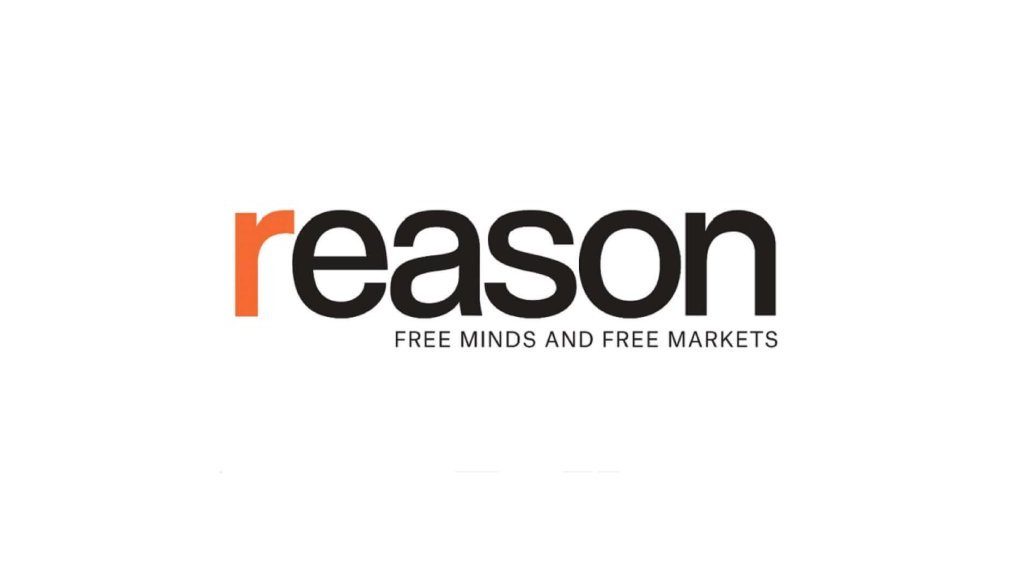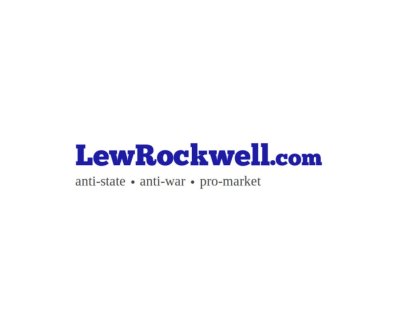OpenAI Wins Libel Lawsuit Brought by Gun Rights Activist Over Hallucinated Embezzlement Claims
In yesterday’s decision by Judge Tracie Cason (Ga. Super. Ct. Gwinnett County) in Walters v. OpenAI, L.L.C., gun rights activist Mark Walters sued OpenAI after journalist Frederick Riehl (“editor of AmmoLand.com, a news and advocacy site related to Second Amendment rights”) received an AI-generated hallucination from ChatGPT that alleged Walters was being sued for alleged embezzlement. The court granted OpenAI summary judgment, concluding that OpenAI should prevail “for three independent reasons”:
[1.] In context, a reasonable reader wouldn’t have understood the allegations “could be ‘reasonably understood as describing actual facts,'” which is one key element of a libel claim. The court didn’t conclude that OpenAI and other such companies are categorically immune whenever they include a disclaimer, but stated just that “Disclaimer or cautionary language weighs in the determination of whether this objective, ‘reasonable reader’ standard is met,” and that “Under the circumstances present here, a reasonable reader in Riehl’s position could not have concluded that the challenged ChatGPToutput communicated ‘actual facts'”:
{Riehl pasted sections of the Ferguson complaint [a Complaint in a civil case that Riehl was researching] into ChatGPT and asked it to summarize those sections, which it did accurately. Riehl then provided an internet link, or URL, to the complaint to ChatGPT and asked it to summarize the information available at the link. ChatGPT responded that it did “not have access to the internet and cannot read or retrieve any documents.” Riehl provided the same URL again. This time, ChatGPT provided a different, inaccurate summary of the Ferguson complaint, saying that it involved allegations of embezzlement by an unidentified SAF Treasurer and Chief Financial Officer. Riehl again provided the URL and asked ChatGPT if it could read it. ChatGPT responded ”yes” and again said the complaint involved allegations of embezzlement; this time, it said that the accused embezzler was an individual named Mark Walters, who ChatGPT said was the Treasurer and Chief Financial Officer of the SAF.}
In this specific interaction, ChatGPT warned Riehl that it could not access the internet or access the link to the Ferguson complaint that Riehl provided to it, and that it did not have information about the period of time in which the complaint was filed, which was after its “knowledge cutoff date.” Before Riehl provided the link to the complaint, ChatGPT accurately summarized the Ferguson complaint based on text Riehl inputted. After Riehl provided the link, and after ChatGPT initially warned that it could not access the link, ChatGPT provided a completely different and inaccurate summary.
Additionally, ChatGPT users, including Riehl, were repeatedly warned, including in the Terms of Use that govern interactions with ChatGPT, that ChatGPT can and does sometimes provide factually inaccurate information. A reasonable user like Riehl—who was aware from past experience that ChatGPT can and does provide “flat-out fictional responses,” and who had received the repeated disclaimers warning that mistaken output was a real possibility—would not have believed the output was stating “actual facts” about Walters without attempting to verify it….
That is especially true here, where Riehl had already received a press relea
Article from Reason.com

The Reason Magazine website is a go-to destination for libertarians seeking cogent analysis, investigative reporting, and thought-provoking commentary. Championing the principles of individual freedom, limited government, and free markets, the site offers a diverse range of articles, videos, and podcasts that challenge conventional wisdom and advocate for libertarian solutions. Whether you’re interested in politics, culture, or technology, Reason provides a unique lens that prioritizes liberty and rational discourse. It’s an essential resource for those who value critical thinking and nuanced debate in the pursuit of a freer society.




